Healthcare is an issue that affects every American
By adopting the principles of competition and price transparency, we can take significant steps toward reducing the cost of healthcare.
We must achieve technical fitness for a cyber war we are already fighting, where the winner will control the world.


A few years ago, my dad was victimized by a robocaller pretending to be me, demanding that he buy $400 in gift cards at Walmart to bail me out of jail.
The scammer ordered my dad not to call my cell phone, claiming I didn’t have it with me. I was not in jail and was carrying my cell phone. My dad, willing to go to any limits to help and protect his son, jumped into action, but the scheme unraveled when my dad forgot some of the instructions.
Yes, he was told not to call my cell phone, but the caller didn’t say anything about calling my trusted deputy chief of staff, Nancy.
She has been a valued member of our team since I first won and has been integral to my success. She is part of my family, and probably gets more phone calls from my father and brother than I do.

To deter criminal, unsolicited robocalls, I helped pass a piece of bipartisan legislation called the Telephone Robocall Abuse Criminal Enforcement and Deterrence Act.
It was signed into law in 2019 and addressed robocall scams by broadening the authority of the Federal Communications Commission to levy hefty civil penalties on fraudulent callers and reduce “spoofed calls”— when scammers mask their identity by changing the number displayed on a caller ID.

In this century, cost of goods and services has increased

The amount of federal dollars that go to school is important

Global efforts to resolve Southern Border crisis

China is going to use AI to control the population
The costs of cybercrime are growing exponentially, with estimates that it has doubled since 2015.
Cyberattacks are literally killing people.
The first documented death resulting from a cyberattack happened in Dusseldorf, Germany in September 2020, when a woman arrived at the Dusseldorf University Hospital for life-saving surgery, only to be turned away.
Cybercriminals had just defeated the hospital’s security by exploiting a known software vulnerability, allowing them to commandeer the hospital’s computer systems needed to process the patient and carry out the surgery. Out of options, paramedics rushed the patient to another hospital, but it was too late — the patient died.
During the COVID-19 shutdowns, the number of cyberattacks skyrocketed. According to the World Health Organization, cyberattacks soared fivefold after the pandemic erupted. Health organizations were the prime target.
To achieve the operational tempo necessary to defend cyberspace, we need a culture of modernization within our government.
That begins with deliberately paying attention to digital hygiene.
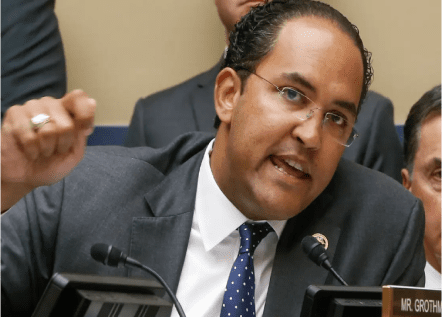
By adopting the principles of competition and price transparency, we can take significant steps toward reducing the cost of healthcare.

Power competition with China is happening at a time when technological change is affecting all domains of conflict — land, air, sea, space, and cyberspace.
Compare it to a soldier in battle who has an inferior firearm and either doesn’t know how to use it, or it doesn’t work the way they think it will. In this scenario, that soldier is unable to fight effectively.
We must achieve technical fitness for a cyber war we are already fighting—a war where the winner will control the world.

We are at the beginning of the Fourth Industrial Revolution, where technological change over the next 30 years is going to make the advancements over the last 30 years look insignificant.
Largely due to its growing technological might, China is expected to become the world’s largest economy by mid-century, while the U.S. will have sunk to third place in the global GDP ranking, behind India.
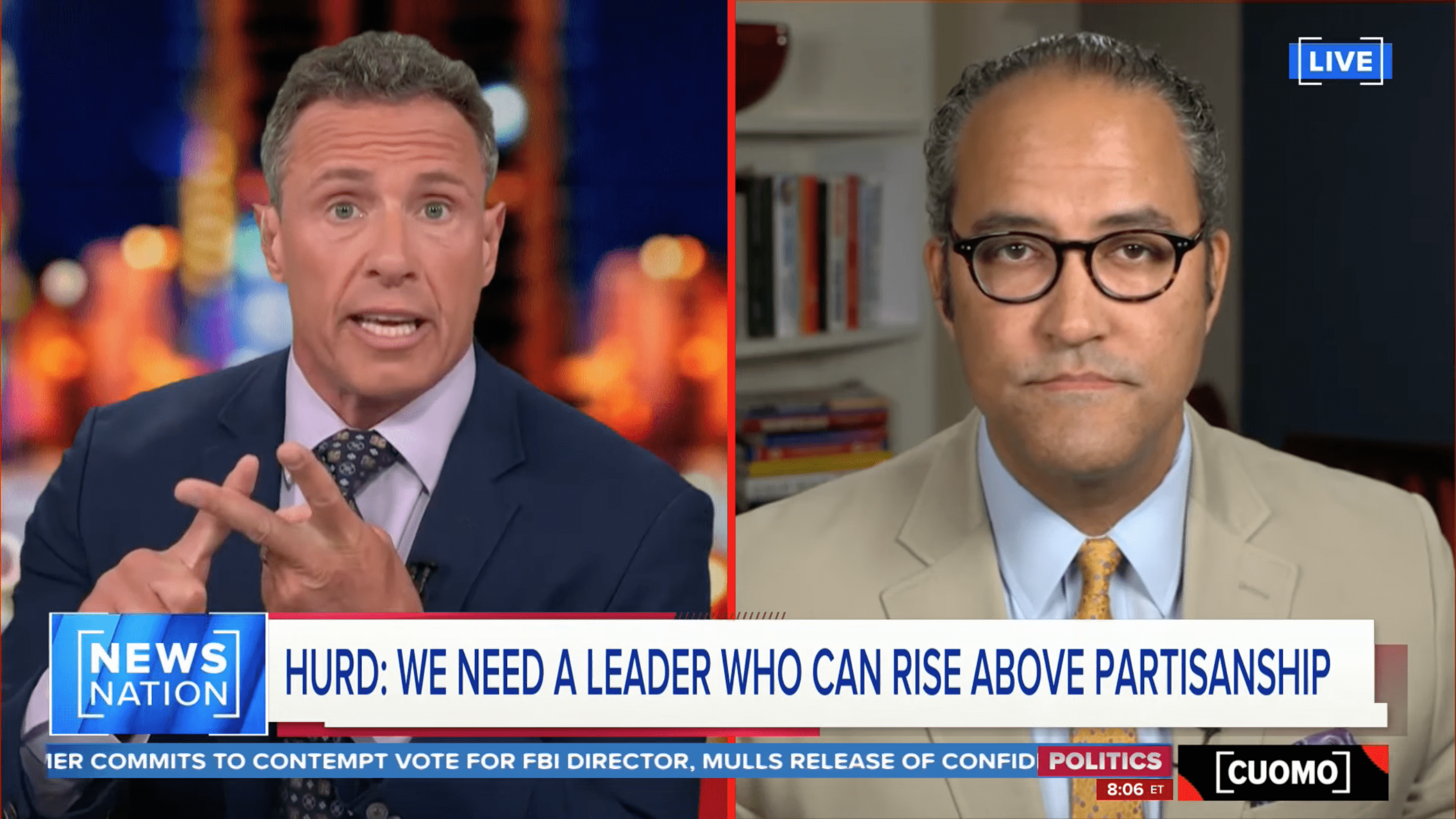
Discussing the debt ceiling fight and the long-term ramifications on “CUOMO”
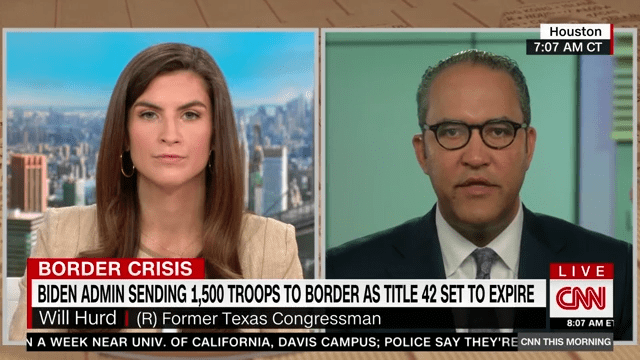
Discussing Immigration and the Border Crisis on CNN “This Morning”
We should care because we are already on the trajectory where the next 40 years of innovation will make the last 40 years look like we were just monkeys playing in the dirt with sticks.
If in 2060 we want to be talking about how technological advancement further uplifted humanity rather than constrained it, then we are going to have to change our ways.
To reorient our society to take on this challenge of Cyber War we need to achieve the following objectives:
Digital trade agreements will have a significant influence on the future of the world economy.
The United States needs to work with partner countries to build the next generation of digital trade agreements, such as agreeing to and adopting a shared policy on digital privacy that is interoperable with Europe’s General Data Protection Regulation (GDPR).
While norms are more useful in binding friends together than in constraining adversaries, the U.S. and our allies should be the example of setting norms against destructive attacks on things like healthcare, election, and financial systems.
But we must also hold states accountable for malicious activity perpetrated by their citizens, even if the activity originates from outside their borders.
Cyberspace is now indisputably one of the central domains in which the United States competes with its adversaries. Digital competition must be a pillar of the national security strategy.
Successful cyber strategy will mirror successful foreign policy, and requires leveraging political, diplomatic, military, and economic measures to achieve aims in cyberspace.
Will draws on his unique experiences in back alleys of dangerous places, boardrooms of international businesses, and the halls of Congress to lay out a detailed plan to “reboot America,” offering a fresh start to a country mired in political divides and internal strife.
Will Hurd tells a great story about his life and his experiences in the CIA, private business, and as a Congressman.
The book also serves as a playbook for like minded Republicans that want to transform the party from the extremes of Trump back to a solutions based party that actually gets things done.
This is one of the best books I have ever read. Part personal story, part political analysis, but mainly just common sense thinking and analysis of solutions to problems.
Will Hurd is an amazing writer and person and I expect to see him do great things in the future.
This was a great read. As someone who tends to identify as an Independent or moderate, I thought Mr. Hurd made some great points and offered thoughtful solutions.
I hope he considers a run for political office again, I'd vote for him in a heartbeat.
A life long Republican I had lost hope that I would ever vote Republican again after the extremist views have taken over the party over the last 6 years.
This book covered all my values & concerns in a nuanced way that the majority of politicians today seem incapable of doing.







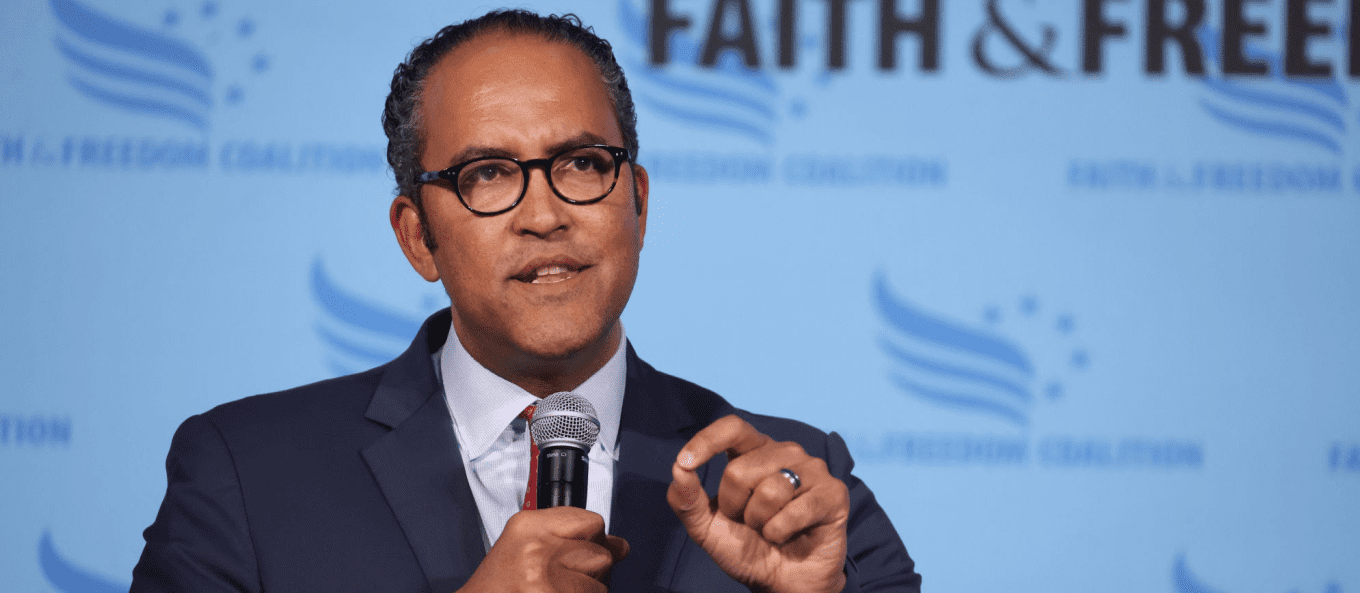

Will Hurd has spent the past 20 years on the front lines of the most pressing fights facing our nation, in the Middle East, Congress, and the highest levels of business and tech.
Will has spent his life fighting for our country, and he will take those decades of experience with him as he fights for all us.
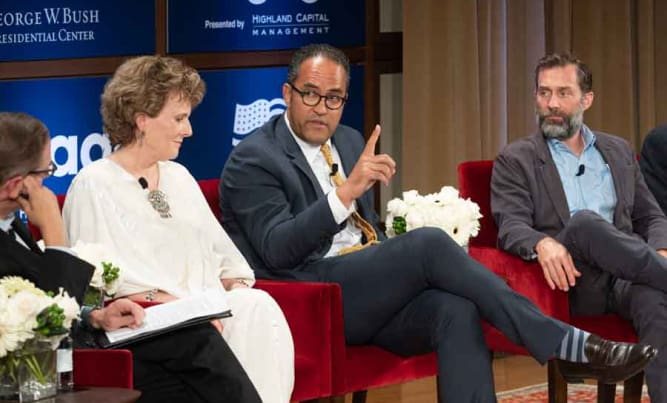

In every decision we make, we stand at a crossroads. The path of division and quick fixes is well-trodden, but it’s time we consider a different route – one paved with unity and foresight.
Imagine an America where common sense prevails, where policies are crafted with the people’s best interests at heart, and our collective strengths are the foundation of national progress.
This is more than a possibility. It’s a choice we can make right now. By coming together, we have the power to foster a nation that champions innovation, inclusivity, and integrity.

We’re a nation full of people with these values. If this describes you, you might be a modern Republican.

Will got more legislation signed into law in three terms than most congressmen do in their entire career. He worked across the aisle, and prioritized good policy over politics.
